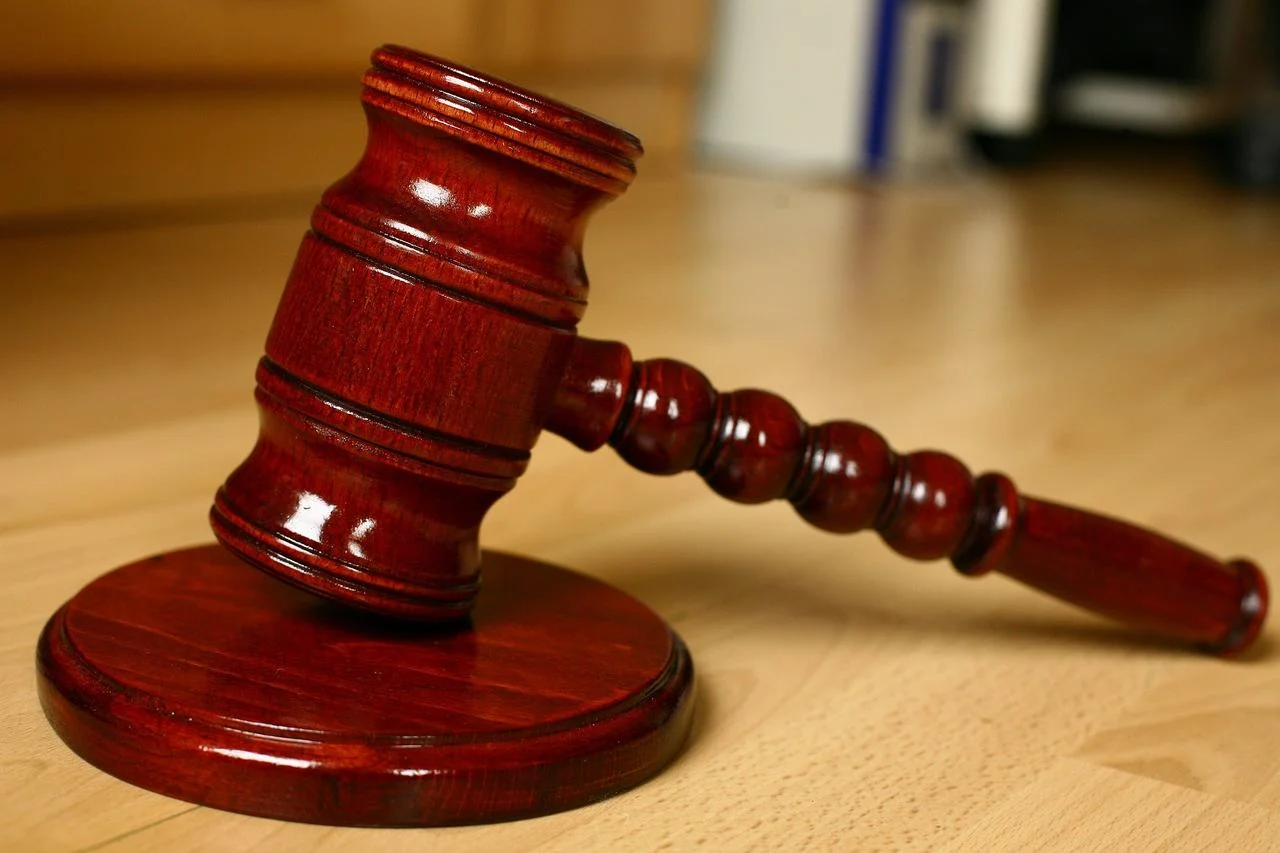The Process of Filing a Personal Injury Lawsuit in South Carolina: A Step-by-Step Guide

When you’ve been injured due to someone else’s wrongdoing, bringing a personal injury action may be necessary to seek compensation for your damages. In South Carolina, understanding the process of filing a personal injury lawsuit is essential for asserting your legal rights and pursuing the compensation you deserve. Here’s a factual step-by-step guide to navigating the process:
1. Evaluate Your Claim
Before initiating a lawsuit, assess the merits of your personal injury action. Consider factors such as the severity of your injuries, liability for the accident, and the extent of your damages. Consult with a qualified personal injury attorney to evaluate your case and determine whether you have grounds for a lawsuit.
2. Consult an Attorney
Seek guidance from a knowledgeable personal injury attorney in South Carolina who specializes in handling cases similar to yours. An experienced attorney can provide valuable insight into your legal options, assess the validity of your claim, and advise on the best course of action moving forward.
3. Investigate the Accident
Conduct a thorough investigation of the accident to gather evidence supporting your claim. This may involve collecting witness statements, obtaining accident reports, preserving physical evidence, and documenting the scene of the incident. The strength of your evidence will be crucial in proving liability and establishing the extent of your damages.
4. Determine Damages
Identify and quantify the damages you’ve suffered as a result of the accident. This may include medical expenses, lost wages, pain and suffering, property damage, and other economic and non-economic losses. Keep detailed records of all expenses and losses related to the accident to support your claim for compensation.
5. File a Complaint
To initiate a personal injury lawsuit in South Carolina, you must file a formal complaint with the appropriate court. The complaint outlines the factual allegations of the case, the legal basis for the claim, and the relief sought. Your attorney will prepare and file the complaint on your behalf, ensuring compliance with procedural requirements.
6. Serve the Defendant
After filing the complaint, the defendant must officially be served with a copy and summons. This notifies the defendant of the lawsuit and informs them of their legal obligations to respond to the claim’s allegations within a specified time frame.
7. Engage in Discovery
The discovery phase allows both parties to exchange information and evidence relevant to the case. This may involve interrogatories, requests for production of documents, depositions, and other discovery mechanisms. Discovery enables each party to gather evidence, assess the strengths and weaknesses of their case, and prepare for trial.
8. Negotiate Settlement
Prior to trial, parties may engage in settlement negotiations to resolve the case out of court. Your attorney will negotiate with the defendant or their insurance company on your behalf to reach a fair and reasonable settlement that compensates you for your injuries and losses.
9. Proceed to Trial
If a settlement cannot be reached, the case will proceed to trial. During trial, both parties present evidence, testimony, and arguments to a judge or jury, who will determine liability and damages. Your attorney will advocate for your rights and interests throughout the trial process.
10. Obtain Judgment
After trial, the court will issue a judgment based on the outcome of the case. If the court finds in your favor, you may be awarded damages to compensate you for your losses. If the defendant is found liable, they are obligated to satisfy the judgment by paying the awarded damages.
Conclusion
Filing a personal injury lawsuit in South Carolina involves a series of procedural steps aimed at asserting your legal rights and seeking compensation for your injuries and losses. By understanding the process and working with an experienced attorney, you can navigate the complexities of the legal system and pursue the justice and compensation you deserve.